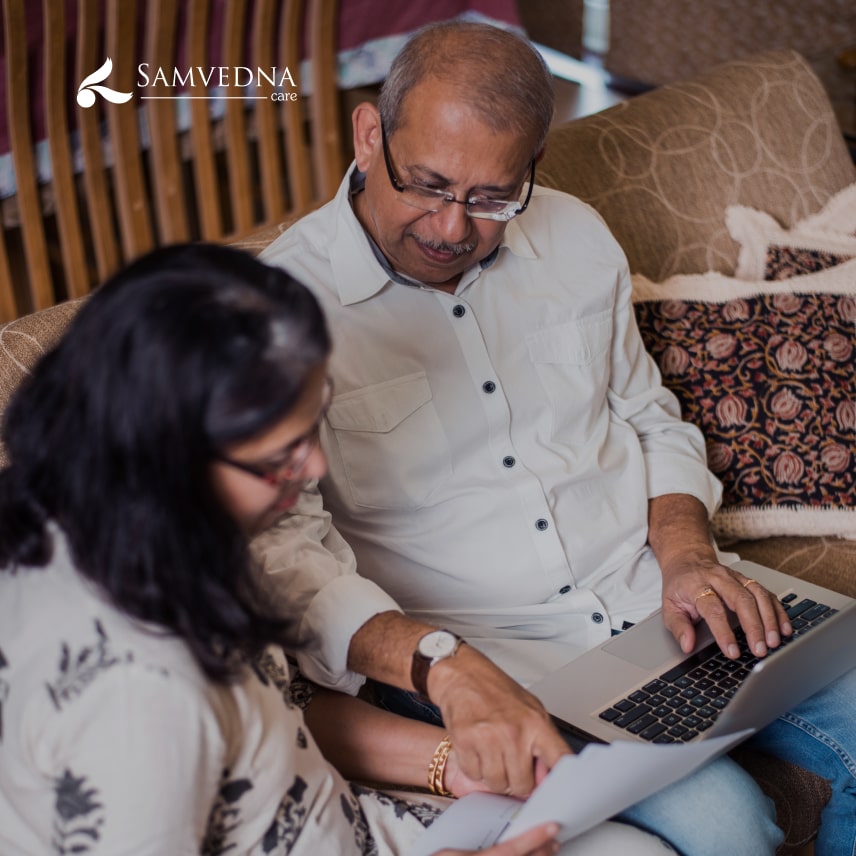Contact Us




Today, our brains are constantly exposed to information through screens—social media, emails, news alerts, and endless scrolling. Convenience offered by technology can be very damaging if digital consumption is overused. According to studies, too much dependence on digital devices leads to memory issues, attention deficits, and cognitive fatigue. But could it also play a role in dementia risk?
As more and more cases of dementia diagnosis are reported, researchers are inquiring whether our modern tech habits are affecting long-term brain health. Here, we are going to delve into the potential connection between digital overload and cognitive decline—and what we can do to protect our minds.
The Connection Between Digital Overload and Cognitive Health
The human brain thrives on deep focus, meaningful conversations, and structured tasks. However, excessive exposure to digital distractions may lead to:
While digital overload itself does not directly cause dementia, it can contribute to lifestyle patterns that weaken cognitive resilience over time. For those already experiencing memory lapses or confusion, seeking a dementia diagnosis can help determine whether symptoms are due to lifestyle factors or an underlying condition.
Early Signs of Dementia or Just Digital Fatigue?
Many of us forget names, struggle to recall passwords, or misplace items—but how do we know if it’s just a digital distraction or something more serious? Watch out for these red flags that may indicate early cognitive decline:
If these symptoms persist, it may be time to consider a dementia diagnosis to determine the underlying cause and take early preventive steps.
How to Protect Your Cognitive Health in a Digital World
The key to maintaining brain health is balance. Here’s how you can reduce digital overload while strengthening cognitive resilience:
1. Take Breaks from Screens
Follow the 20-20-20 rule! Every 20 minutes, look 20 feet away for 20 seconds to reduce eye strain and mental fatigue.
2. Engage in Offline Activities
Reading, puzzles, board games, and physical exercise help stimulate brain activity and improve memory retention.
3. Prioritize Real Conversations
Schedule regular in-person or video calls with friends and family to maintain meaningful social interactions.
4. Get Quality Sleep
Turn off screens an hour before bedtime to improve sleep quality and support memory consolidation.
5. Practice Mindfulness & Deep Work
Focus on one task at a time instead of multitasking to improve attention span and information retention.
6. Get a Cognitive Health Check-Up
If memory problems persist, consulting a specialist for a dementia diagnosis can help assess cognitive function and plan early intervention strategies.
Conclusion
At Samvedna Care, we recognize the impact of digital overload on cognitive well-being and provide expert guidance to help individuals maintain a healthy balance. Through early cognitive screening, personalized wellness programs, and brain-stimulating activities, we empower you to safeguard your mental agility and overall well-being. Prioritizing cognitive health today ensures a sharper, more fulfilling tomorrow.
If you or a loved one are experiencing persistent memory lapses or confusion, seeking a dementia diagnosis with Samvedna Care can provide clarity and direction for better brain health management. So, why wait? Contact us today!